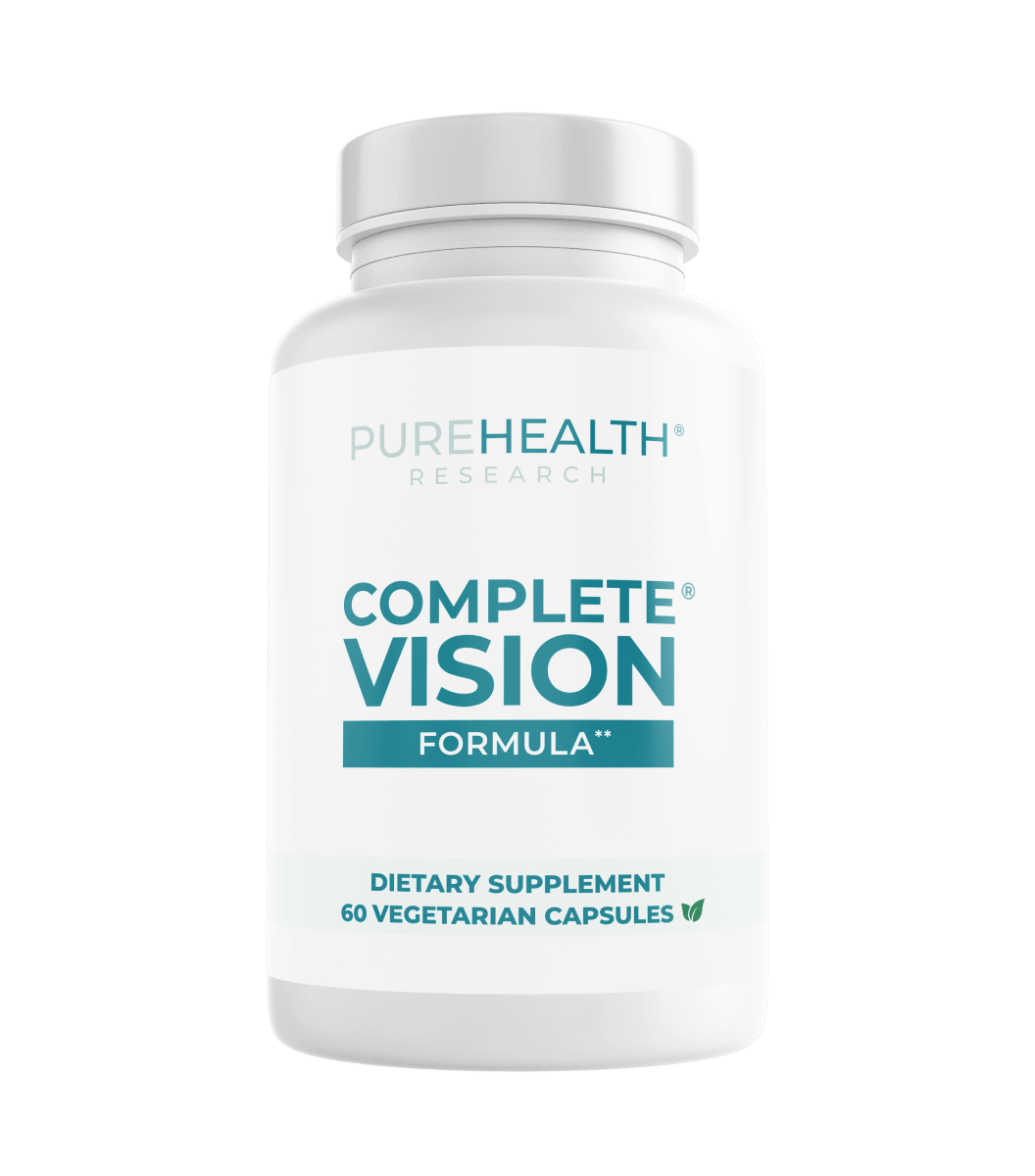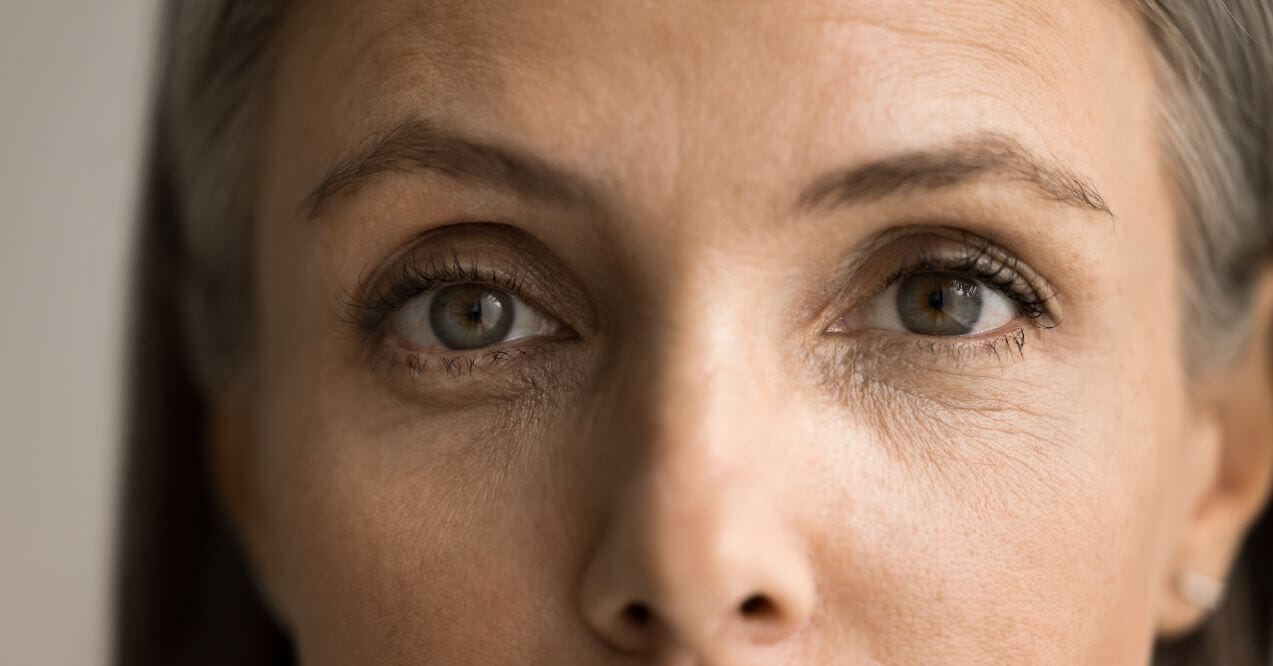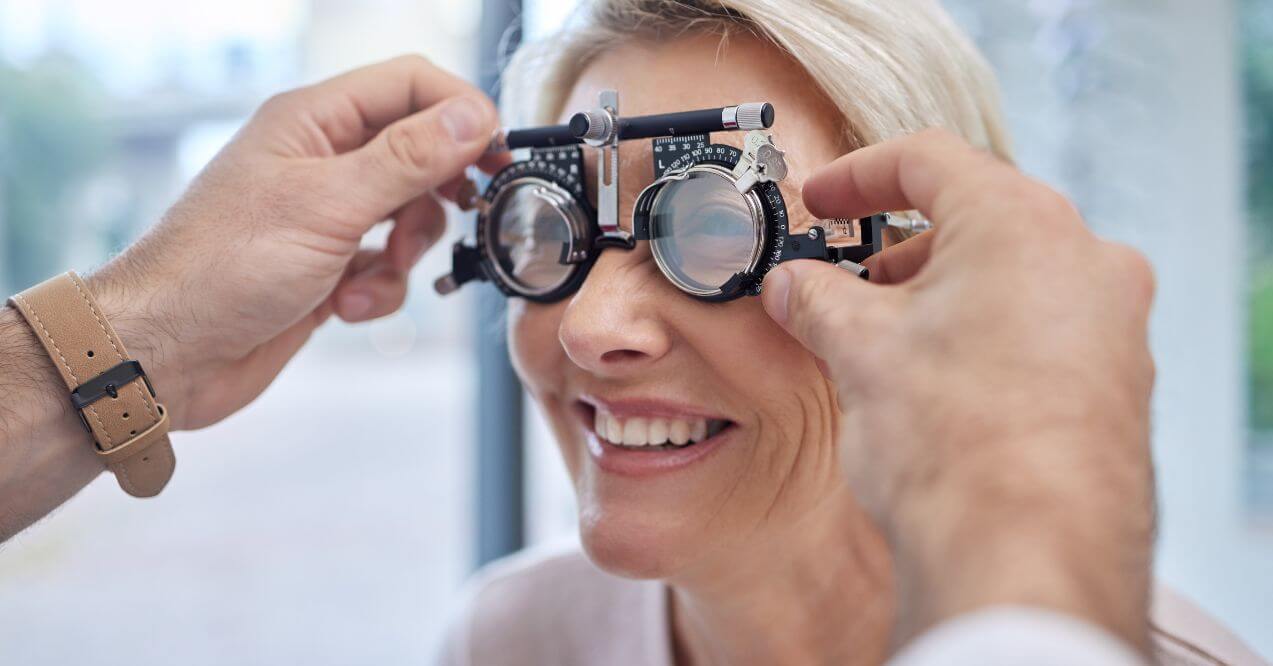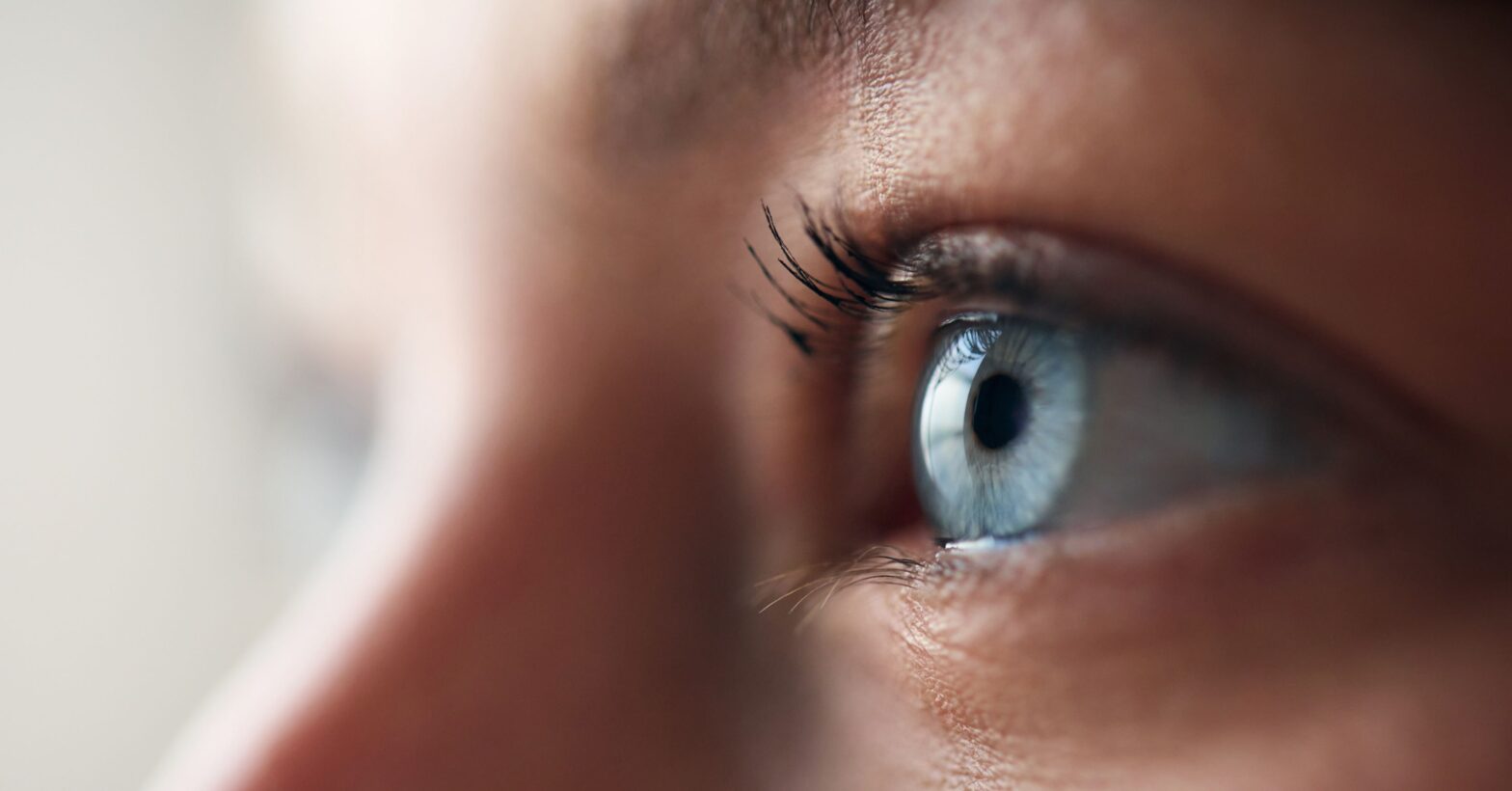How to Improve Your Eye Vision: 5 Best Ways
Medically reviewed by our experts
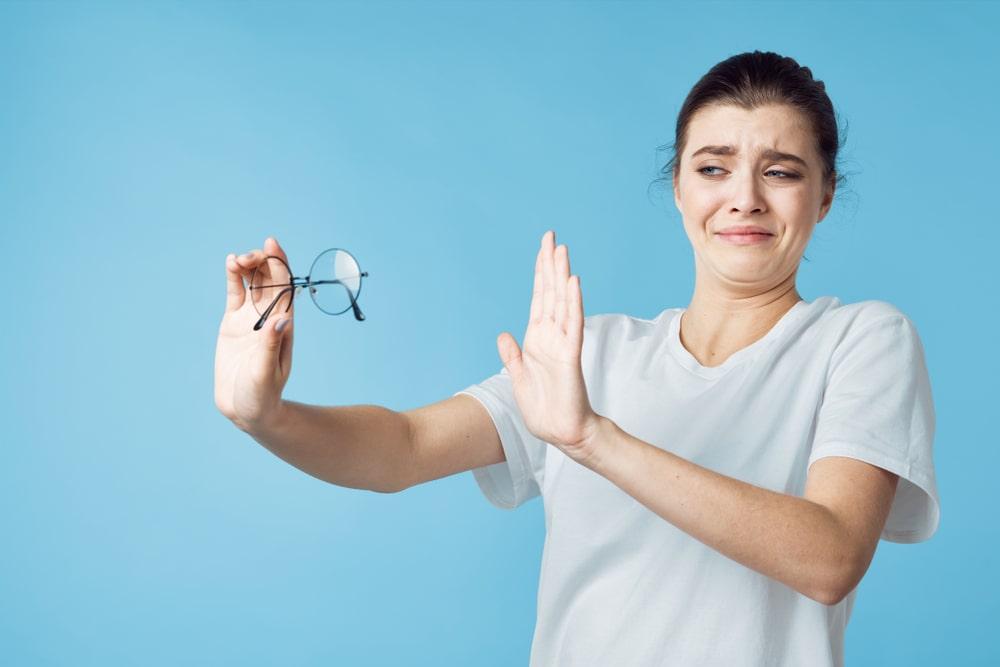

Your eyes can tell a lot about how you feel and what you are thinking. They are also important tools that let us see and interact with the world around us. Naturally, you want to take good care of your eyes and improve your eye vision.
Do you have some issues with your vision? Maybe your eyesight is not what it used to be, or maybe it has always been a little less than perfect.
Regardless, you will be happy to know how that there are ways to improve vision with or without glasses. Even though glasses might be the right choice for some, and they aren’t going to worsen your vision, there could be a better choice for others. Below, you will learn how to get better eyesight using simple but effective methods.
So How to Improve Your Eye Vision?
Whether you wear glasses or not, there are a few lifestyle changes you can make that could help to protect and even improve your vision.
Here are some tips on how to improve your eye vision and keep your eyes healthy:
1. Get Plenty of Sleep

First, you will want to make sure you are getting enough good sleep. Proper rest and sleep will benefit your eyes and help to rejuvenate them. If you’ve ever stayed up longer than you should, then you know how your eyes start to feel. They get itchy, dry, and tired. You want to rub them to stay awake and push away the sleep, which doesn’t do your eyes any favors.
When you don’t get a solid eight hours of sleep, you might notice that your vision starts to suffer. It can cause your eyes to feel more strained than normal. So, you will want to make it a point to get some good sleep.
Of course, this is often easier said than done for a lot of people who are dealing with insomnia. In those cases, set up your bedroom so that it is conducive to a good night’s sleep. Make sure it is cool, comfortable, and quiet. Some people may like to have a bit of noise, such as the sound of rain, playing in the background when they try to rest. It can lull them to sleep.
2. Rest from Work and Screens

In today’s world, it seems as though we simply can’t get away from screens. Whether it’s watching television for pleasure, scrolling through social media on our phones, or you are using a computer at work, it can feel like we are always in front of a screen.
It is important to take some breaks from the screens, though, to give the eyes a chance to rest. Ideally, you will take about 10 minutes out of each hour you are on a screen to look away and give the eyes a chance to rest.
It might not be possible to do away with screens entirely, but with a little precaution and some breaks, you can reduce their negative effects on your eyes. When you are using various apps or sites online, check to see whether they have a dark mode available. This could help to reduce the amount of strain that your eyes feel.
3. Do Eye Exercises
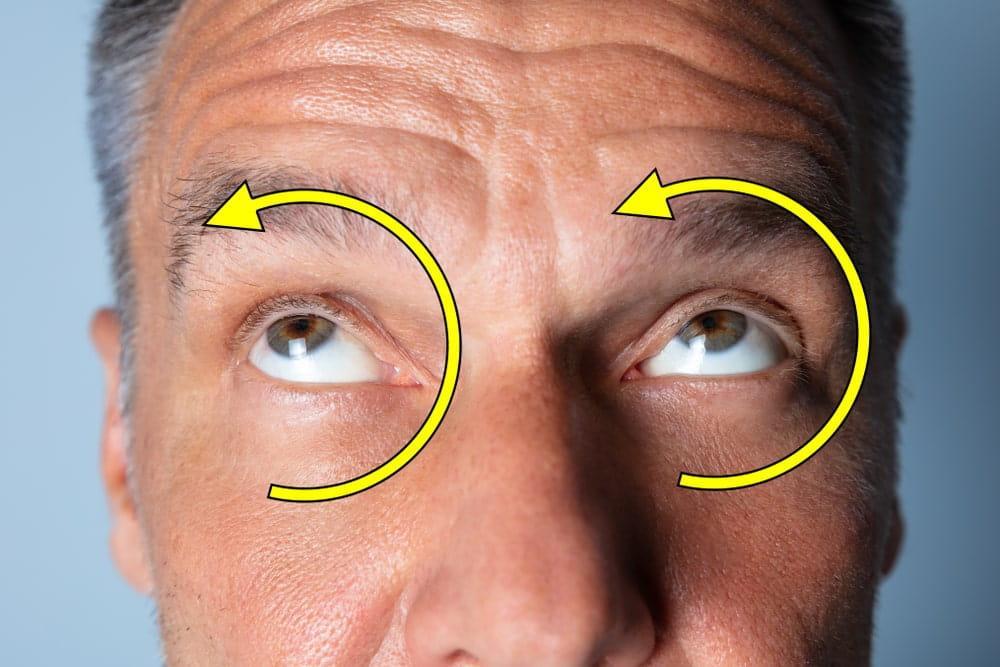
When you are taking your breaks, you can rest your eyes or do some exercises with them. For example, you can start to focus on things that are far away from you, so your eyes get a rest from focusing on things that are up close. These exercises can be great for helping with digital eye strain.
When you allow your eyes to become too strained, it can cause a range of issues including dry eyes, headaches, blurry vision, trouble focusing the eyes at a distance, and more. The right eye exercises, along with relaxation, could help.
In addition to the focus exercise, you could try using your eyes to imagine drawing the alphabet from A through Z. When you “draw” the letters, make them large, so your eyes get a nice range of motion.
Another exercise is simply to keep your head stationary and use your eyes to move up, down, and then all around in clockwise and counterclockwise movements. This can help with circulation, which is important for protecting eye health.
You can do these exercises several times a day. Try to do them when you are taking a break from your screens. They might not cure problems with your eyes, but they can help to make the eyes stronger and less stressed. Additionally, eye exercises can be a great solution for those who wonder how to improve night vision. By engaging in targeted eye movements and focusing techniques, you can potentially improve your ability to see in low-light conditions. This not only enhances safety during nighttime activities but also fosters a greater sense of confidence and comfort in dimly lit environments.
4. Improve Diet and Get Enough Exercise
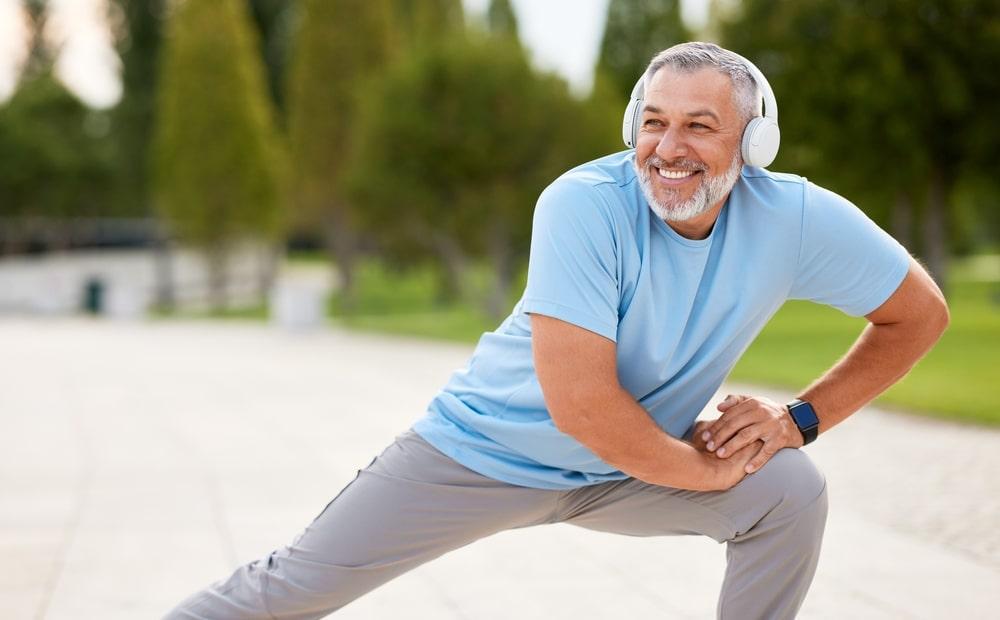
You can’t forget about the importance of diet and exercise. While they won’t magically cure eye conditions, the nutrients you are putting into your body will make a major difference. Carrots and other vegetables are good for your eyes, thanks to the vitamins and carotenoids they contain.
Plenty of other fresh vegetables have nutrients that are healthy for your eyes, as well. Ideally, you will have a range of vegetables that you can add to your diet. Some options you will want to put on your shopping list include oranges, spinach, broccoli, and strawberries.
Eating right is only part of the battle. You will also want to ensure you are getting enough exercise, so you can maintain a healthy weight.
5. Use Healthy Supplements
In addition to all of the other advices discussed in this article on how to improve your eye vision, you will also want to consider using the best supplements for dry eyes.
This product, recommended by Dr. Holly Lucille, ND, is one of our supplements for vision that can help to improve your nutrition in addition to changing up your diet. It can provide an added boost to your health and is how to make your eyesight better as easily as possible.
The product has safe ingredients, and the nutrients can provide a host of health benefits. It can help to reduce the risk of vision loss because of macular damage. The supplement helps to maintain connective tissue in the corneas, improves eye tissue firmness, and it supports healthy corneas, lenses, macula, and retinas. Using the formula and following the tips mentioned above can help you to improve and protect your vision and eye health.
Final Thoughts
At this point, you should now know how to improve your vision using the tips above, as well as the Complete Vision Formula. Those changes in your life can help with your eye health, as well as your overall health.
Of course, even though they can help your vision, you will also want to visit an optometrist at least once per year. They can examine your eyes and let you know whether there are any other eye health problems, such as glaucoma. Even for those who have not noticed any negative changes to their vision, having an annual eye exam will make a big difference.
Additionally, going to the eye doctor will mean that you can track the progression of your eye health. They will also let you know whether you can avoid glasses or if lenses might be a better option for you.
You can learn how to improve your eyesight with the tips above and advice from your doctor. You can also track the progress. Even with all of the advances in medical science, you only get one pair of eyes. Do whatever you can to take great care of them.
You can improve your eye vision naturally by making lifestyle changes such as getting plenty of sleep, taking breaks from screens, doing eye exercises, eating a healthy diet, and using supplements designed to support eye health.
It’s recommended to take a 10-minute break from screens every hour to reduce eye strain. Using dark mode on apps and websites can also help minimize strain.
Effective eye exercises include focusing on distant objects, “drawing” the alphabet with your eyes, and moving your eyes in various directions. These exercises can help reduce digital eye strain and improve eye strength.
Popular Articles
Advertisement. This site offers health, wellness, fitness and nutritional information and is designed for educational purposes only. You should not rely on this information as a substitute for, nor does it replace, professional medical advice, diagnosis, or treatment. If you have any concerns or questions about your health, you should always consult with a physician or other health-care professional. Do not disregard, avoid or delay obtaining medical or health related advice from your health-care professional because of something you may have read on this site. The use of any information provided on this site is solely at your own risk.
